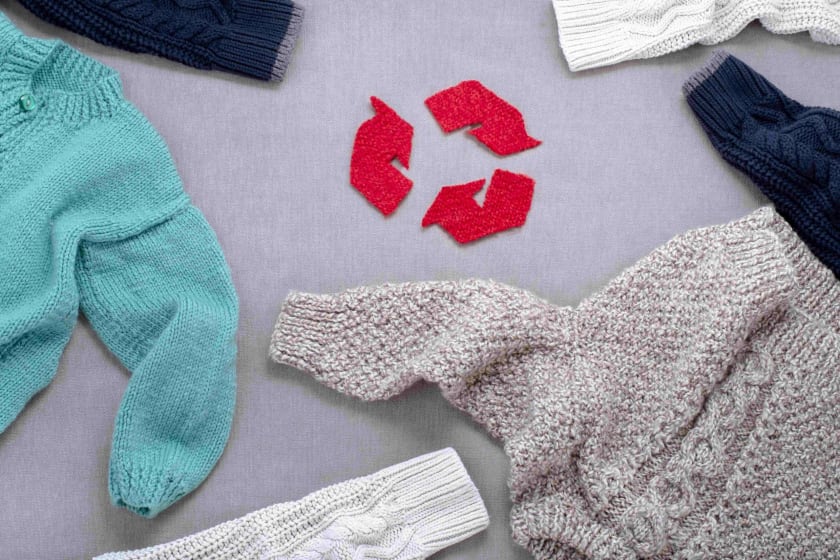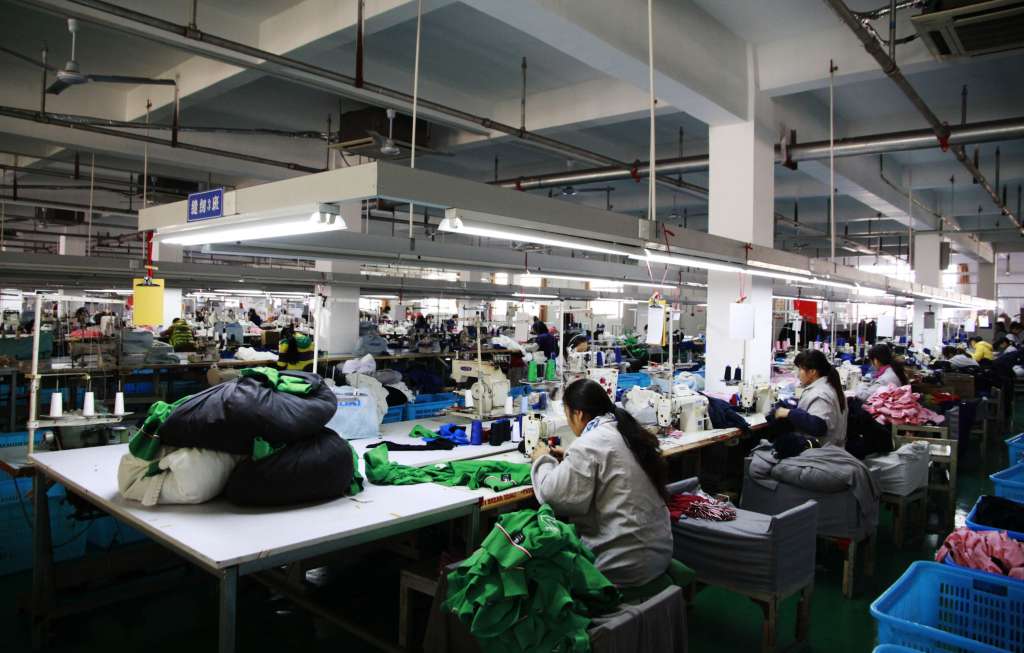Creating a Sustainable Apparel Industry Through Transparency



The fashion industry is one of the leading industries in the world. Its environmental impact involves thousands of suppliers and apparel manufacturers all across the globe. Certain incidents regarding labor exploitation and environmental harm have led to outrage among eco-conscious consumers. This has led to calls for a more transparent, ethical and sustainable apparel industry. As such, fashion brands now take more ethical steps to maintain the sustainability of their businesses.
Past Events
2013 was a major flashpoint in the fashion world. The Rana Plaza Collapse that year lead to great public outcry. Consumers and watchdog groups put greater scrutiny upon branded garments and mainstream fashion trends.
The outrage over the Rana Plaza Collapse placed blame on the lack of labor security protocols. Major sourcing companies for notable fashion brands, especially ones based in the West, were held responsible. All this led to fashion companies taking more transparent steps toward their policies to maintain their ethical values.
Transparency
Transparency refers to a company sharing its information publicly. In the case of the fashion industry, it refers to information about the clothes that the consumers love and desire. Such information includes:
- Where the raw materials are sourced from
- The stitching of designs
- The final delivery of the product (which often involves laborers who do not earn fair trade wages)
Historically, no importance was given to cheap labor, especially in the countries of the Asia-Pacific region. Manufacturers from this part of the world became the chief suppliers for major fashion brands and corporations.
The advent of the digital age has led to more information in the hands of the general population. This has led to more scrutiny which has led to shaking up of the old status quo. Fashion companies are now forced to implement more stringent methods and policies to, say, create a more sustainable apparel industry.

The need for transparency
The Rana Plaza collapse and the death of workers involved stirred up a fashion revolution in the 2010s. Voices were raised against fashion companies and their unethical practices. Special focus was put on the negligent policies in countries with cheap labor regarding labor protection and rights. Eco-conscious consumers called for a more ethical and sustainable apparel industry. This forced fashion brands that outsource to be more responsible towards the laborers that support this entire ecosystem.
One major area of transparency focus is identifying potential risks faced by daily wage laborers employed in developing countries. Steps have been taken to stop treating the laborer as replaceable and expendable cogs in the machinery. Transparency means treating manual laborers as human beings who deserve protection and fair policies.
Basic Tenets of Transparency in the fashion industry
Three basic tenets must be taken into consideration for consumables that reach the end-user:
- Ecological impact: The companies must be transparent about the method of their production, the amount of waste generation, its treatment, and disposal. The environmental and ecological impact can never be underplayed. Consumers are speaking up, and several governments across the globe have come up with stringent laws and policies to make the ecological and environmental factors transparent. The use of water and prevention of its wastage is also a vital aspect of fashion industry transparency.
- Labor: The laborer are the backbone of any industry. They provide cheap sourcing for large brands with flashy banners and colorful clothing. The unconducive conditions under which they work have caused consumers to raise huge outcries across the globe.
- Animals: Raw materials from textiles are sourced from natural and artificial sources. Natural sources include both plant and animal-based raw materials. A brand must be transparent enough to let its consumers know about the rearing and treatment of these animals who serve as a source for their clothing.
The global impact of transparency
With the pandemic in full swing and governments announcing lockdowns and changing policies to combat the spread of the virus worldwide, the truth behind the large brands could never have been clearer. The disruption of the supply chain for larger brands left the consumers with cancelled orders. More importantly, laborers were out of work and had no support. When this information made its way to the general population, the consequent outcry was well reasoned and justified.
Conclusion: A Transparent and Sustainable Apparel Industry
A transparent and sustainable apparel industry allows consumers to choose the right products for them while also making ethical choices. We at Fashinza believe that the consumer deserve to know about their goods before buying them. This applies to all stages of the production process, right from sourcing materials to how the finished product is delivered.
Sign up with Fashinza and join our network of ethical partner brands. Together, we can create a better fashion world. With transparency protocols, all fashion brands across the globe can embrace and provide stability to the industry.
,



















